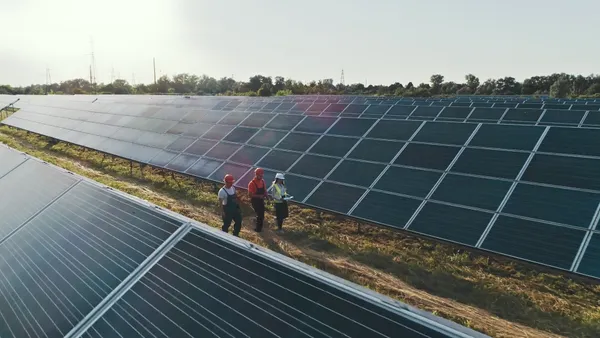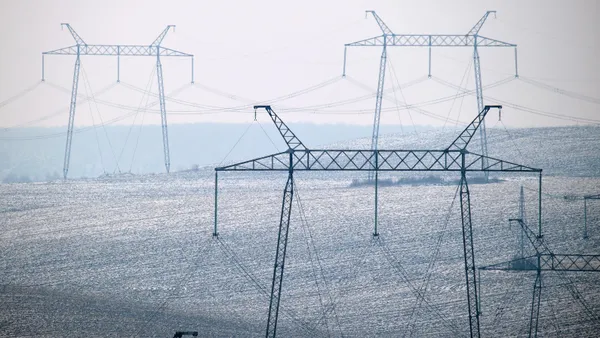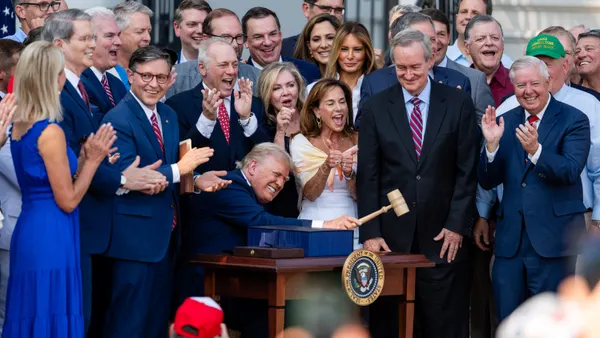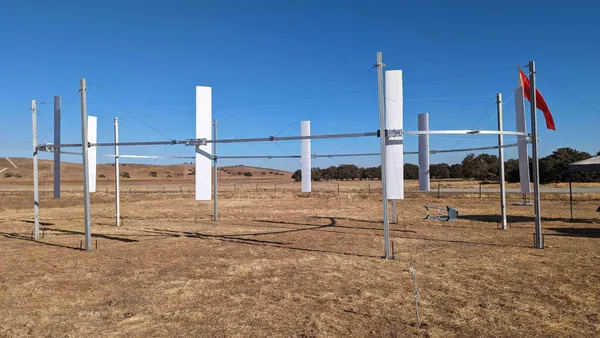Dive Brief:
- The Internal Revenue Service has allowed a Vermont man to take a 30% credit on an investment made in a community solar project, the first indication that the credit can be applied when residents buy into larger, shared solar arrays, rather than just rooftop systems.
- While the decision is specific to Roland Marx, who made a $8,700 investment in the Boardman Hill Solar Farm, advocates say it is an indication of how the IRS mght rule in the future on similar credit requests.
- The community shared solar sector, designed to give those unable to place panels on their home access to cleaner energy, is booming across the country. But so far, the investment tax credit has not been applied to the programs.
Dive Insight:
The IRS last month issued a "Private Letter Ruling" determining that Marx can take a tax credit reducing his investment by about $2,700. While the decision cannot be used as precedent by other taxpayers, solar advocates hailed the decision as an indication of how the agency will rule on future, similar requests.
"Community-shared solar has led to remarkable growth in residential solar because it allows those
without roof space or solar access to participate in the solar market," Rhone Resch, president and CEO of the Solar Energy Industries Association, said in a statement hailing the decision. "This ruling helps pave the way for even more growth under the widely successful federal investment tax credit."
Clean Energy States Alliance, along with attorneys from Boston-based Foley Hoag, helped Marx secure the ruling.
“It makes a big difference, a very big difference,” Marx told the Concord Monitor. He had filed for an extension of his 2014 taxes, but is now prepared to file.
“This letter ruling fills an important gap," Attorney Adam Wade said. "It adds a previously unavailable written resource to the growing body of authority which can be used by courts, IRS personnel, and practitioners in structuring community shared solar projects."
While the letter cannot be cited as precedent, Wade said that in generat letter rulings can be used by the IRS for its own internal interpretations. Several cases have also acknowledged that a private letter ruling can be used as "persuasive authority" or an "instructive tool," he said.
The potential extension of tax credits to community solar arrays could add fuel to a market that's already on fire. Earlier this summer, GTM Research estimated that community shared solar would grow 500% this year, adding about 115 MW, a huge increase on the 21 MW installed in 2014. The firm expects 1,800 MW will be added by 2020, but access to tax credits and growing utility enthusiasm for shared solar could boost that number even more.













